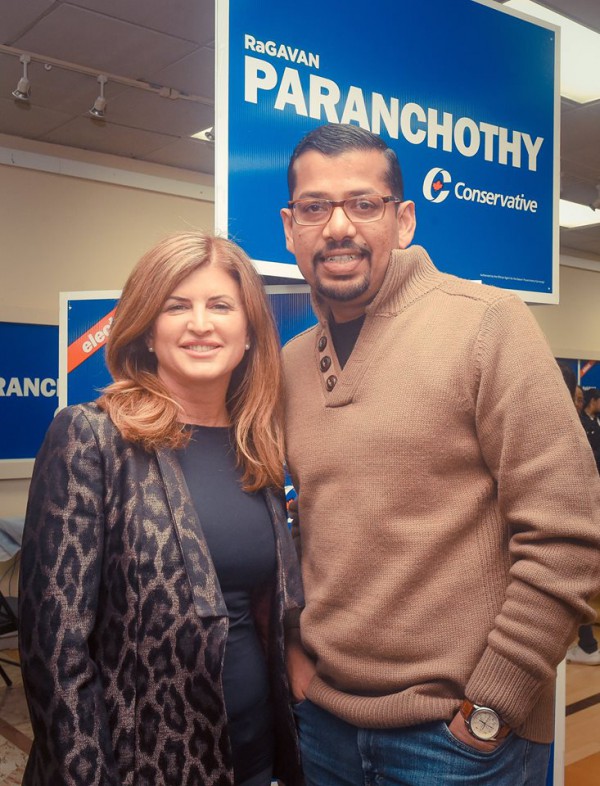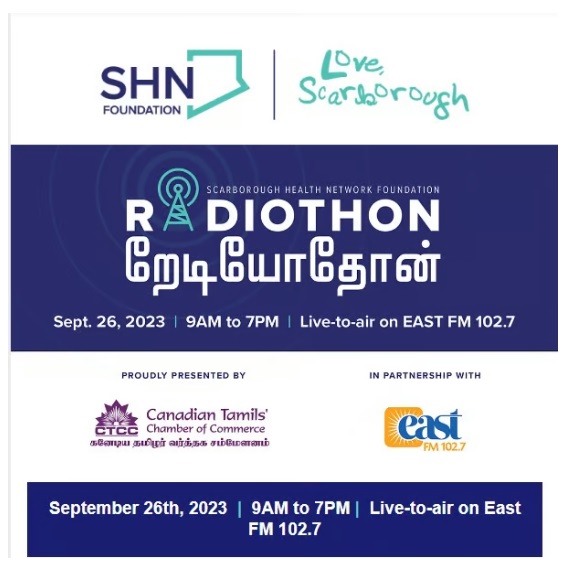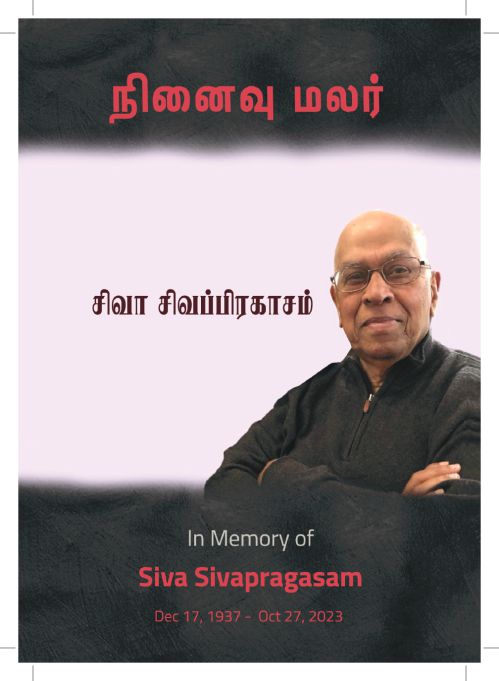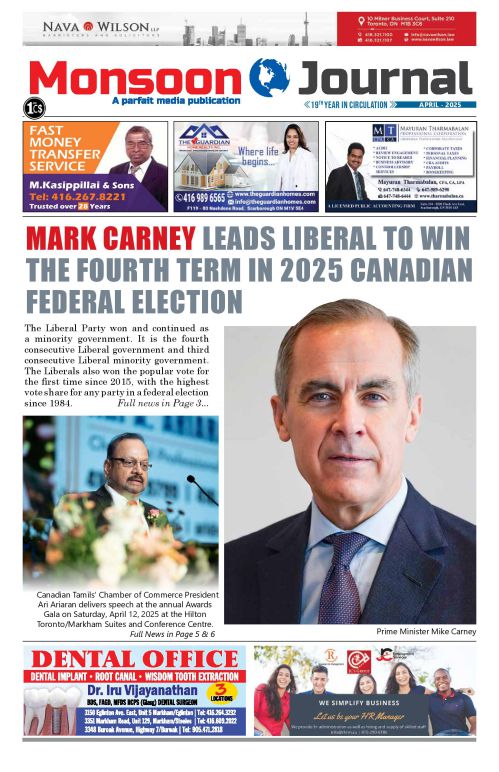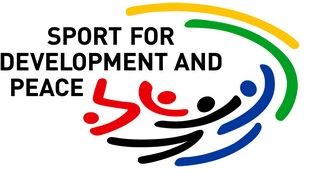
From the Super Bowl to the World Cup to the Olympics, these and other similar events have from time and again brought various people together due to one thing: the love of sport. Sport has not only been a phenomenon that encourages us to demonstrate the best of our physical and mental ability, but it has, and should ideally so, be a subtle tool for creating meaningful social bonding amongst one another. This can be especially conveyed with the International Day of Sport and Development. As one of the younger days of observance instituted by the United Nations (UN), it has been annually held on April 6 after being proclaimed in August 2013. The former UN Secretary-General, Ban Ki-Moon, in his 2016 message, stated of the particular value that sport has in driving tolerance, mutual respect, and female empowerment among people across the globe. Additionally, it is powerful in effecting healthy lifestyles, social inclusion and solidarity, with values such as teamwork, discipline, and respect for the rules of the game
These sentiments were echoed by Karina LeBlanc, a former professional soccer player who played on the Canadian women???s national team, in her service as a UNICEF ambassador promoting the game of soccer in countries like Honduras and Dominica. ???Soccer is more than just a beautiful game. It???s also a beautiful language that we all speak: a language of peace, of tolerance, of inspiration,??? proclaimed LeBlanc in 2016. Additionally, this day notes how sport can be powerful in effecting healthy lifestyles, social inclusion and solidarity, with values such as teamwork, discipline, and respect for the rules of the game, among others.
In nearly the last four years, whilst collaborating with the United Nations, the non-governmental organization Peace and Sport led by Joel Bouzou, a former Olympic medalist has ran the online #WhiteCard Campaign, where individuals, such as athletes, have held up white cards in various locations as a way to express peace and development through sport. #iplayfortheSDGs and #idsdp2016 are also part and parcel of a digital campaign spearheaded by the United Nations in its efforts to successfully implement the SDGs for the worlds??? most vulnerable populations. Whether it through Facebook, Twitter or Instagram, global citizens can use the extensiveness of social media to participate in this day, and symbolize sport as social progress and human development. The International Olympic Committee has also been integral in advancing sport as a tool for peace and development with its numerous initiatives. One such measure pertains to ending childhood obesity by leveraging programs that promote physical activity on a global level.
Another is their enhancing of human rights protections for organizing the Games in the Host City Contract by 2024. As I witnessed in Windhoek, Namibia during my volunteer trip in 2013, a sport like tennis was positive in stimulating tolerance and social inclusion among young Namibian students. So while recognizing and pushing its significance within lesser developed countries, we as Canadians can also do our part in commemorating this event locally by getting out and playing.
Contributed by Harrish Thirukumaran






